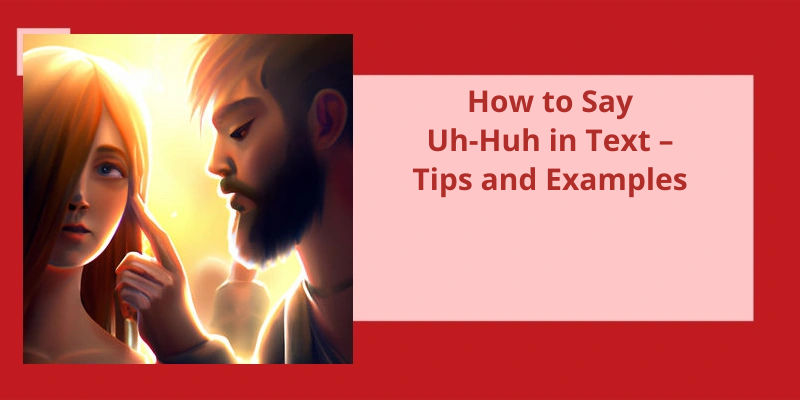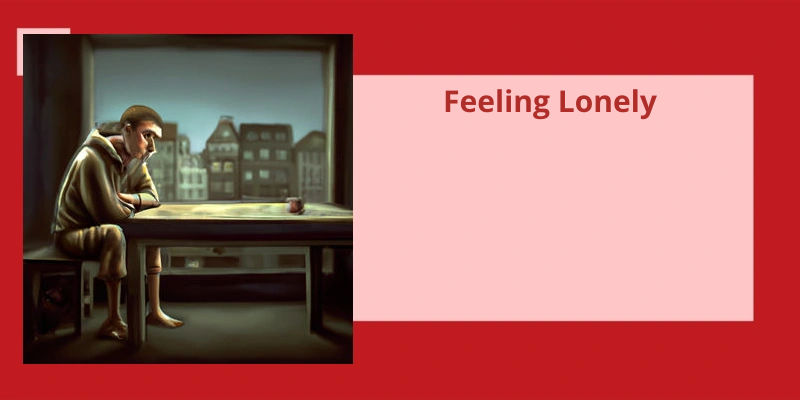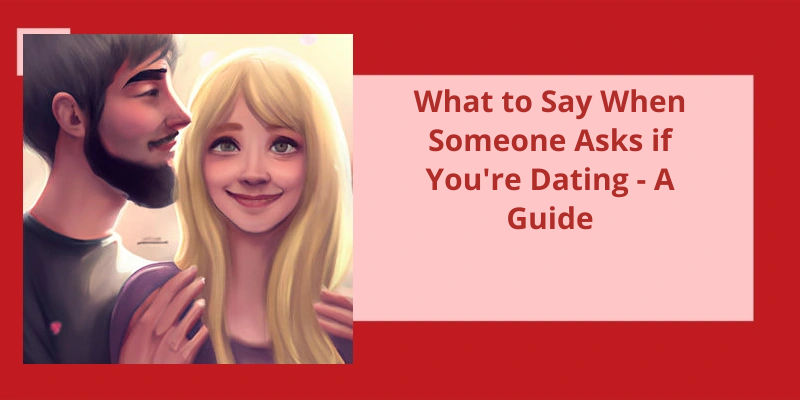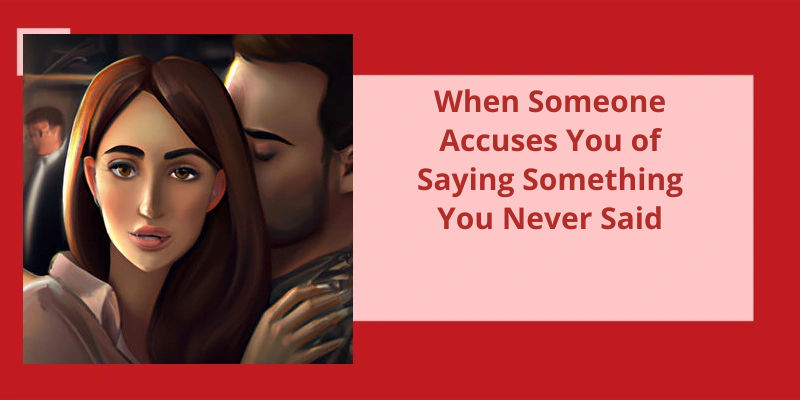Communicating effectively through text messaging is an essential skill in today's digital era. While emoticons and text slang have become commonplace, conveying agreement or acknowledgement can still be a challenge. When expressing agreement or confirmation in spoken conversation, the use of "uh-huh" is common. However, when it comes to text messaging, conveying the same meaning can be a bit tricky without coming across as insincere or robotic. Luckily, there are several ways to express "uh-huh" in text without resorting to overused abbreviations or awkward phrasing. In this article, we will explore some creative ways to translate "uh-huh" in text messaging, allowing you to communicate agreement and acknowledgement with ease and authenticity.
What Does Uh Huh Mean in Texting?
The use of uh huh in texting has become increasingly popular over the years. It’s a versatile phrase that can be used to express agreement, understanding, and affirmation in a low-key and casual way. Unlike the more formal “yes,” uh huh is a great way to indicate that you’re listening actively and engaged in the conversation without interrupting.
When someone sends you a message and you respond with uh huh, it gives the sender the impression that you’re paying attention and genuinely interested in what they’ve to say. This can help build rapport and encourage deeper communication. For example, if someone texts you to say, “Im feeling really stressed out today,” responding with uh huh can convey sympathy without minimizing their feelings or jumping to solutions.
While uh huh may seem like a one-size-fits-all response, it’s important to remember that it can have different meanings depending on the context of the conversation. Sometimes, uh huh can be used sarcastically to convey disbelief or skepticism. Other times, it can be used as a filler word or a way to delay a response while you gather your thoughts. In some cultures, uh huh may not be an appropriate response at all and could be seen as disrespectful or dismissive.
Different Ways to Use Uh Huh in Texting
- Response of agreement: Uh huh, sounds good, I’m with you.
- Response of skepticism: Uh huh, sure you did.
- Response of impatience: Uh huh, can we move on?
- Response of annoyance: Uh huh, whatever.
- Response of confusion: Uh huh, what do you mean?
- Response of disinterest: Uh huh, okay.
- Response of acknowledgement: Uh huh, I hear you.
Now that we’ve seen some examples of “uh” being used in different sentences, let’s talk about how to use it effectively without sounding too hesitant or unsure.
How Do You Use Uh in a Sentence?
The interjection “uh” is a common filler word used in everyday speech to signal hesitation or uncertainty. It’s usually used when someone is struggling to find the right words to express their thoughts or when they’re unsure about what they want to say. Although “uh” isn’t a formal word, it’s often used in informal situations, such as during casual conversations, interviews, or public speeches.
It can be placed anywhere within a sentence, and it’s often followed by a pause or a period of silence. For instance, someone could say, “Uh, Im not sure if I can make it to the party tonight.”. In this sentence, the “uh” provides a break in the sentence structure and indicates hesitation, which implies uncertainty about their attendance to the party.
Although it’s considered an informal and casual word, it’s still valid and widely used in many social settings. It’s widespread usage isn’t only limited to the English language but is also used in other languages to achieve the same effect.
How to Replace “Uh” With Other Words or Phrases in Speech.
This article provides tips on how to replace filler words like “uh” in speech with more effective phrases or words that can help you sound more confident and articulate.
Source: Uh Definition & Meaning – YourDictionary
Now that we understand the meaning of “uh-uh” in English, let’s explore some other examples of how this vocalization is used in everyday conversations.
What Is an Example of Uh-Uh?
Uh-uh is a commonly used expression in the English language to signify the negative response to a question or a statement. The sound of uh-uh is made by closing the lips and making a slight humming sound. This sound is often used as an expression of disagreement, disapproval or refusal. In writing, uh-uh is represented by the letters “uh-uh” or “uhuh”.
An example of uh-uh can be seen in the following conversation: “Do you like pizza?”. “Uh-uh, Im allergic to cheese.”. The response using uh-uh indicates a negative response to the question of whether pizza is liked, with an explanation given for the reason why. This use of uh-uh is a common form of communication in conversational English.
Uh-uh can also be used in writing to indicate a disagreement without giving a reason. For example, “Do you think we should go to the beach?”. “Uh-uh, it’s too cold today.”. In this context, the negative response indicates that the speaker disagrees with the idea of going to the beach, but the reason why isn’t given.
Another use of uh-uh is to indicate a refusal or rejection. For example, “Do you want to try this new sushi restaurant?”. “Uh-uh, I don’t like sushi.”. In this context, uh-uh is used to refuse the suggestion of trying the new sushi restaurant, with a reason given for the refusal.
In certain situations, the use of uh-uh can indicate a lack of understanding or confusion. For example, “Do you understand this math problem?”. “Uh-uh, Im not sure what to do.”
Moving on from the topic of using “uh-huh” in daily conversations, let’s delve into some other commonly used phrases and words that can help enhance our communication skills.
How Do You Use Uh Huh in a Sentence?
Uh huh is a way of expressing agreement or acknowledgement in a casual way. It can be used to indicate that you’re listening and following along with what someone is saying, or that you agree with what they’re saying. In most cases, uh huh is used instead of saying “yes” or “yeah.”
One way to use uh huh more effectively is to pair it with other expressions of agreement, such as nodding your head or making eye contact. This can help to reinforce the message that you’re actively participating in the conversation and that you value what the other person is saying. It also shows that you’re present and engaged in the moment, rather than simply going through the motions of a conversation.
Alternatives to “Uh Huh” for Expressing Agreement or Acknowledgement
- Yes, I agree.
- I completely understand.
- That makes perfect sense.
- Absolutely.
- Very true.
- Good point.
- Indeed.
- You’re right.
- I hear you.
- Absolutely right.
- I’m with you.
- That’s correct.
- Definitely.
- That’s a great idea.
- Spot on.
- I couldn’t agree more.
- Well said.
- Exactly.
- Right on.
Now that we know what an interjection is and how it functions in a sentence, let’s take a closer look at one particular interjection: “uh huh”. While it may seem simple and insignificant, this phrase actually holds a lot of weight in conversation and can convey a range of meanings depending on the context and intonation. In this article, we will explore the definition and synonyms of “uh huh” in the English language.
What Type of Phrase Is Uh Huh?
Uh huh is a colloquial, informal interjection frequently used in English conversation to signify a range of meanings. Usually, it’s an expression of agreement, confirmation or acknowledgement, and it can convey multiple nuances based on the context and tone of voice. This two-syllable sound is often described as a non-verbal cue or a filler, but it serves a communicative purpose by helping speakers to connect, express empathy or add emphasis.
It can function as a polite substitute for yes or ok, but it can also convey agreement with reservations or skepticism. Depending on the tone and stress placed on each syllable, it can also signal impatience, annoyance, or disbelief.
The versatility of uh huh as an interjection also makes it suitable for expressing social signals, such as interest, support, or sympathy, in a non-verbal manner. For example, when someone shares a personal story, uh huh can signal active listening, empathy and understanding, without interrupting the flow of the conversation. It can also indicate that the speaker wants the other person to continue, or that they’re enjoying the interaction.
Conclusion
In conclusion, it’s evident that the simple act of saying "uh-huh" in text can have a significant impact on effective communication. From conveying affirmation and agreement to expressing interest and attentiveness, incorporating this subtle yet powerful phrase can help to enhance both personal and professional relationships. Thus, for anyone looking to improve their written communication skills, mastering the art of using "uh-huh" effectively is certainly a valuable skill to have in one's arsenal.






